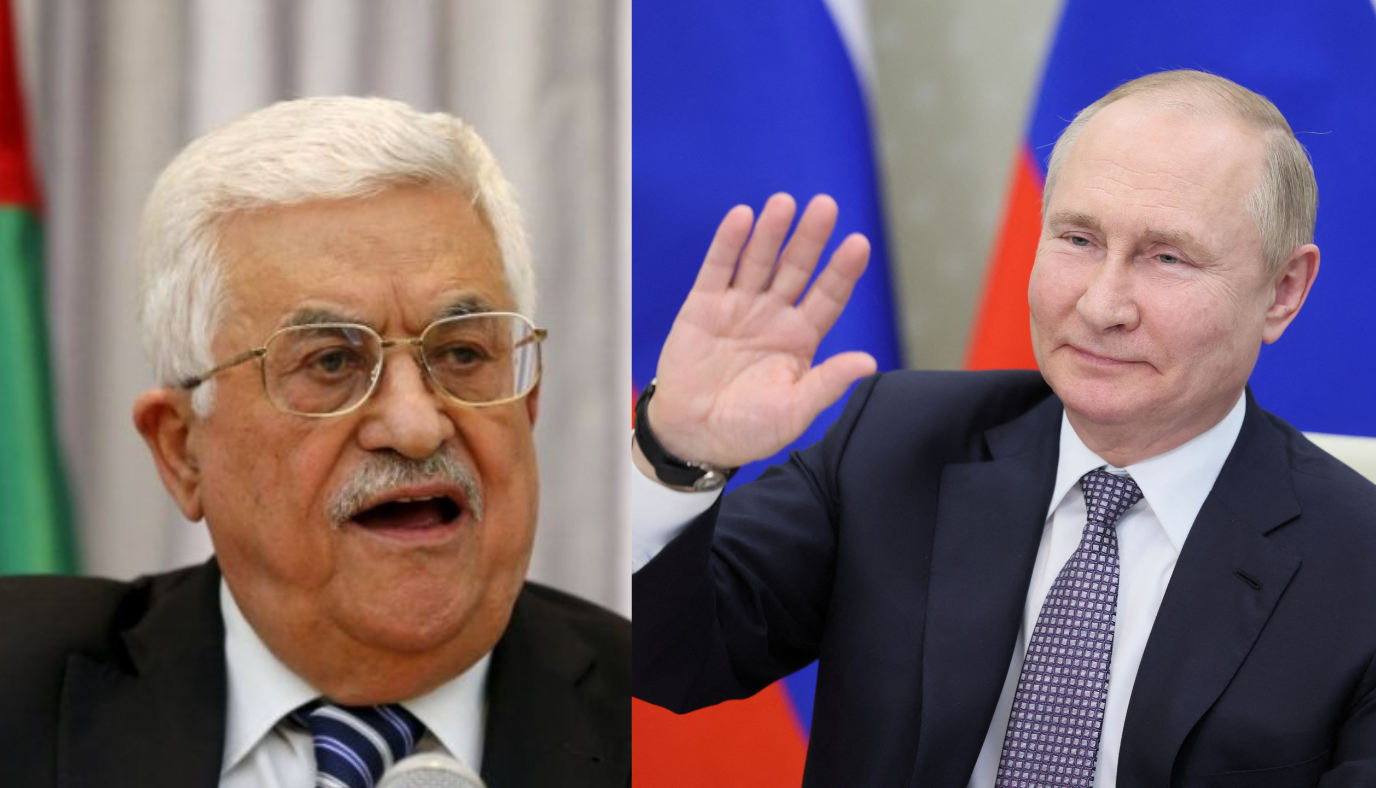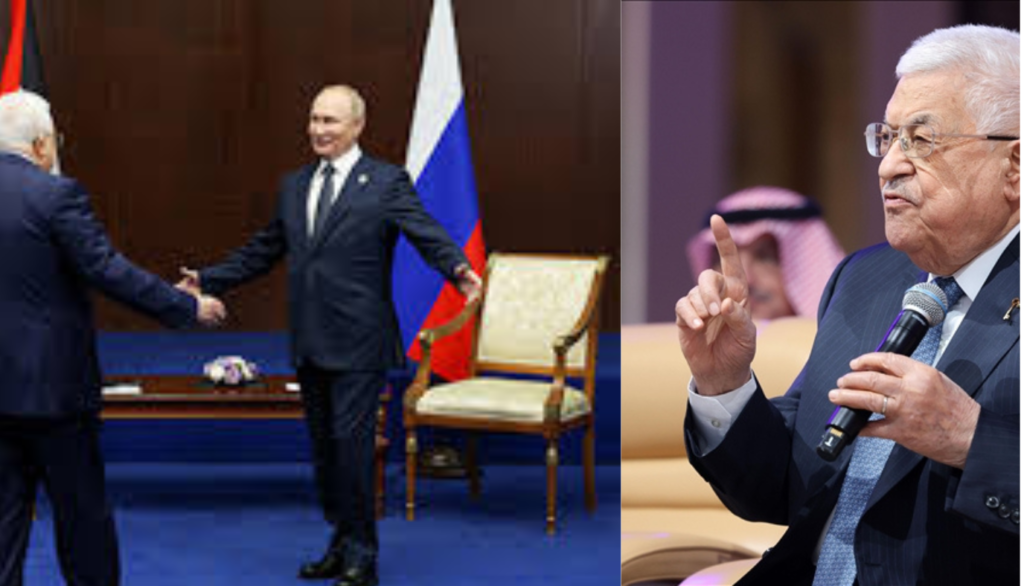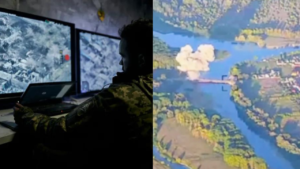In an international scene overwhelmed by complex collusions and moving power elements, Russia’s part in the Israel-Palestine struggle has collected huge consideration. The new visit of Palestinian pioneer Mahmoud Abbas to Moscow, in the midst of Israel’s continuous military activities in Gaza, highlights Russia’s essential utilization of delicate power in the Center East. While Russia’s immediate impact over the Israel-Palestine struggle might be restricted, its activities and way of talking reflect more extensive desires to champion itself as a vital participant in the district and to offset Western impact.
Verifiable Setting: Russia’s Job in the Middle East
Russia’s contribution in the Center East, especially in the Israel-Palestine struggle, is established in its authentic connections to the district. Dissimilar to the US and European Association, Russia has kept a more adjusted approach, drawing in with both Israel and Palestine. This approach is important for a more extensive system to grow Russia’s impact in the Middle Easterner world, situating itself as an option in contrast to Western powers.
The Kremlin’s choice not to assign Hamas as a “fear monger” association is a critical takeoff from Western strategies. Since Hamas’ triumph in the 2006 Palestinian races, Russia has regarded the gathering as a genuine political substance, welcoming its delegates to Moscow and working with exchange between Palestinian groups. These activities mirror Russia’s more extensive objective of securing itself as a go between in the Center East, despite the fact that its genuine effect on the ground stays restricted.

Russia, Mahmoud Abbas’ Visit to Moscow: Imagery Over Substance
Mahmoud Abbas’ new visit to Moscow denotes the primary up close and personal gathering between the Palestinian chief and Russian President Vladimir Putin starting around 2021. While the gathering’s plan remembered conversations for Israel’s conflict on Gaza, specialists contend that the experience was more emblematic than meaningful.
Samuel Ramani, creator of “Russia in Africa,” takes note of that Russia’s commitment with the Palestinian issue is essential for a more extensive procedure to cement its presence in the Bedouin world. By communicating fortitude with the Palestinian reason, Russia tries to separate itself from the US, which has reliably upheld Israel. This situating permits Russia to construct delicate power in the Center East, regardless of whether its immediate impact over the Israel-Palestine struggle is restricted.
Russia’s Conciliatory Endeavors: Restricted Impact, Vital Increases
Russia’s strategic endeavors in the Israel-Palestine struggle have been set apart by high-profile gatherings and meetings, however their unmistakable results have been negligible. In February, Russia facilitated a meeting with delegates from Hamas, Fatah, and Islamic Jihad, pointed toward connecting the splits between these groups. In any case, the gathering yielded no critical forward leaps, featuring the impediments of Russia’s impact over Palestinian groups.
Ruslan Suleymanov, an autonomous Russian master on the Center East, calls attention to that Russia’s help for Palestine is frequently joined by analysis of Western nations’ supporting of Israel. This enemy of Western position has become more articulated lately, with Russia reliably utilizing its denial power at the UN Security Chamber to hinder goals upheld by the US and its partners. While these activities are valued by Palestinians, they don’t convert into significant political capital for Russia in the district.
Russia’s Helpful Guide: A Token of Delicate Power
Notwithstanding its strategic endeavors, Russia has additionally taken part in philanthropic exercises in the Gaza Strip. The Russian crisis service has purportedly dispatched many lots of help, including food and cleanliness items, to the attacked Palestinian territory. This guide, disseminated through the Egyptian Red Bow Society, fills in as one more illustration of Russia’s delicate power methodology.
While the helpful guide is a substantial commitment to individuals of Gaza, its effect on the more extensive clash is probably going to be restricted. Suleymanov contends that these signals are essentially pointed toward exhibiting Russia’s continuous contribution in the district, as opposed to affecting any massive change on the ground.
The Fate of Russian-Palestinian Relations: Getting ready for a Power Progress
As Mahmoud Abbas approaches 90 years old, the subject of progression in the Palestinian authority poses a potential threat. The Kremlin is without a doubt mindful of the potential power progress in Palestine and may as of now be planning for a post-Abbas period. Suleymanov recommends that the fate of Russian-Palestinian relations could be impacted by who succeeds Abbas, with Moscow liable to be intently observing the circumstance.
Conclusion
Russia’s contribution in the Israel-Palestine struggle is a mind-boggling exchange of representative signals, discretionary posing, and key desires. While its immediate impact over the contention is restricted, Russia’s activities mirror a more extensive objective of championing itself as a central member in the Center East and countering Western impact. Mahmoud Abbas’ new visit to Moscow, however to a great extent emblematic, highlights Russia’s continuous endeavors to construct delicate power in the locale. As the circumstance in Palestine advances, especially with the approaching administration change, Russia’s job might keep on creating, with expected ramifications for the more extensive international scene.











1 thought on “What’s Behind Russia’s ‘Delicate Power’ Continues on Israel-Palestine?”